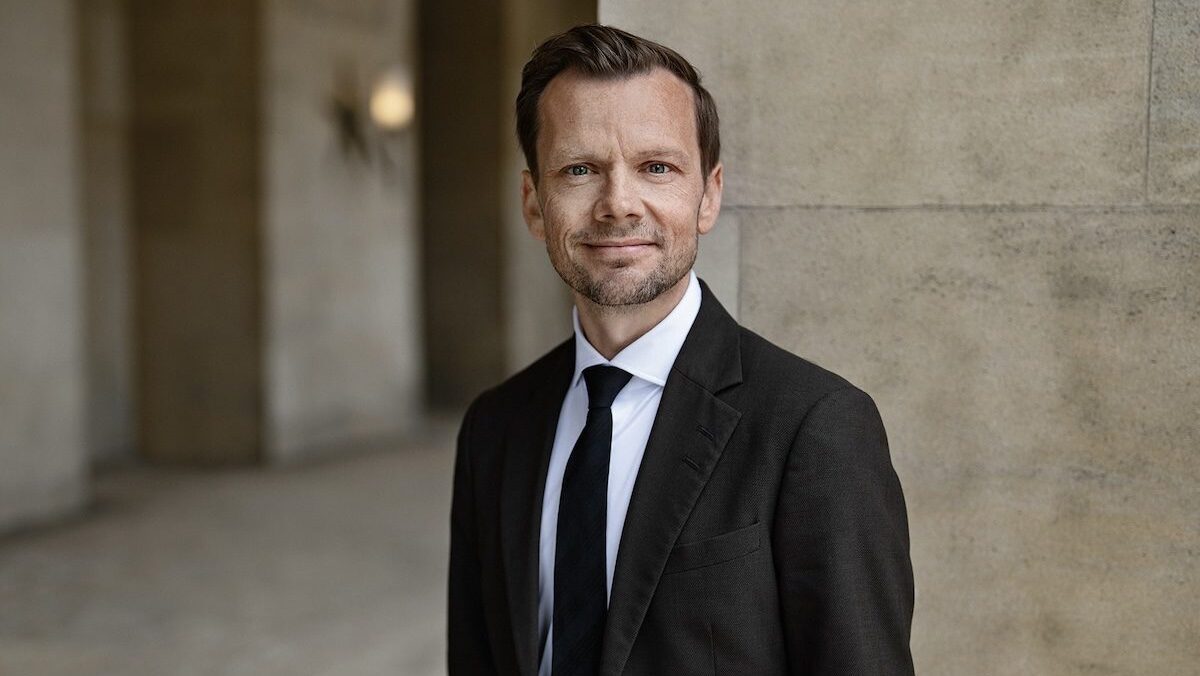
Danish minister of justice Peter Hummelgaard
Photo: Lars Svankjær / Justitsministeriet
While German pensioners are being fined for insulting elected officials and English school children are being interviewed by police for teasing classmates, Denmark, in a welcome sign of residual common sense, is going the other way on the issue of free speech. A proposed new law aims to strengthen the free speech rights of public sector workers—but unions don’t think it goes far enough.
The law is intended, “among other things, to send a strong signal of support for public employees’ right to exercise their freedom of speech and thereby contribute to qualifying the public debate, without fear of negative employment-related consequences from management,”
Included in the bill is a detailed overview of the current guidelines and practices that shape the framework for civil servants’ freedom of speech. It clarifies that government employees are allowed to speak their minds as long as they’re speaking for themselves and “adhering to the applicable limitations.” Some of these limitations prohibit disclosing information related to criminal investigations, the public sector’s economic interests, preliminary research, and the original ideas of artists.
Based on an agreement between the three-party coalition government and the Danish People’s Party, the drafted bill would enshrine what are now merely guidelines in law. Justice minister Peter Hummelgaard emphasized in a statement:
This is important for an open democracy like Denmark’s, as it ensures that public employees contribute their knowledge and viewpoints, thereby helping to enrich and qualify the public debate.
Unions welcomed the bill, but claim it is far from ambitious enough. Sara Vergo, chairman of one of the country’s largest trade unions Djøf (the Danish Association of Lawyers and Economists), said in a press release that the law is lacking tools such as reversed burden of proof and clear compensation guidelines:
For example, it should be up to the employer to prove that a dismissal is not due to a public statement. Currently, the employee has to prove this themselves. This will strengthen freedom of speech protection and send a clear signal.
A study of 3,600 public employees in social work and education revealed that one in four had refrained from stating opinions out of fear of reprisals, Berlingske reports.
The law is expected to take effect July 1, 2025.
